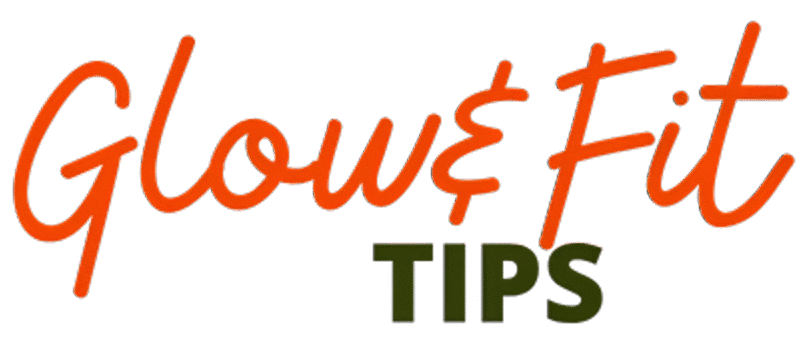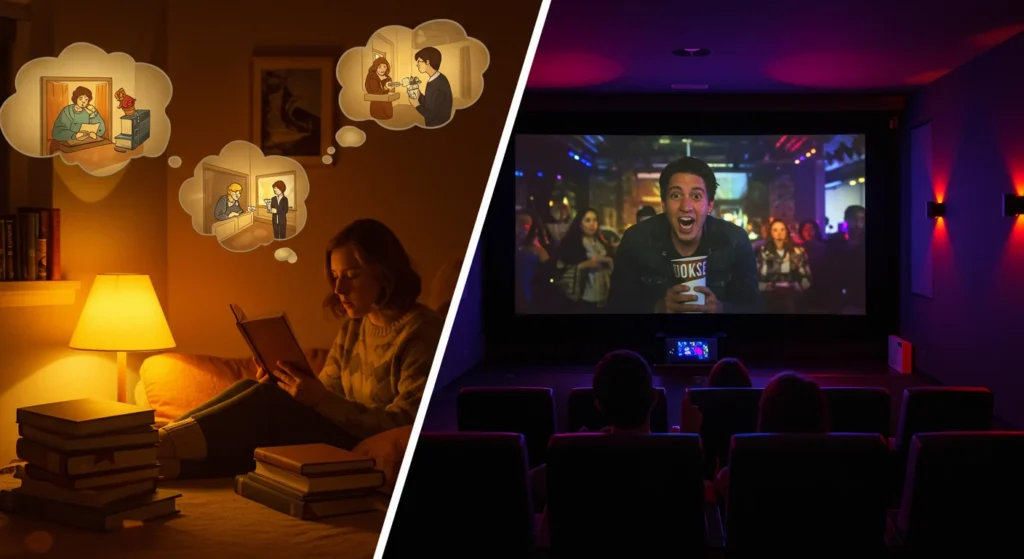Imagine you’re not just watching, but directing hundreds of movies—deciding the plot, emotions, and visuals. Sounds life-changing, right? That’s the kind of immersive experience books can offer. When it comes to personal growth and imagination, the debate of Books vs Movies is more relevant than ever. While both are powerful, their impact on your mind and soul is uniquely different.
Books vs Movies: A Comparative Experience
The Movie-Watching Experience
Movies provide an immediate, immersive experience. The visuals, sound, and emotions are pre-packaged by directors. You follow a story shaped for you, react to emotional highs and lows, and get swept up in the cinematic experience. It’s quick, impactful, and deeply sensory—but often less engaging on a cognitive level.
The Book-Reading Experience
Books invite you to become the director. Your imagination creates the scenes, the characters, and the background. This mental engagement strengthens your critical thinking, creativity, and emotional intelligence. It’s an active, personal experience—shaped entirely by you.
Imagination vs Instant Experience
How Movies Offer a Complete Sensory Experience
Movies are expertly crafted to move your emotions instantly. The soundtracks, visuals, and dialogues are timed perfectly to create impact. A touching ending or dramatic twist lingers emotionally, becoming a memory.
How Books Create a Deep Inner Journey
Books demand more from your brain. You imagine every detail, feel every emotion, and interpret every situation. This makes the story personal and profound—your mind does the work, and your heart feels the result.
Books and Movies: What Science and Experts Say
Creators’ Insights
Great filmmakers and authors alike draw from personal experience. Directors shape your view; authors invite you into theirs. Both offer unique insights—but books let you co-create the journey.
Brain Science Behind Both
Studies show reading activates imagination, language processing, and empathy. Watching films activates visual and emotional responses. Books train deep focus and creative thinking; movies sharpen emotional recognition.
Real-Life Impact: What You Learn from Books and Movies
Learning Through Stories
Books and films teach important life lessons. They help us process relationships, find purpose, and gain insight into human nature.
Boosting Mental Focus and Creativity
Books improve concentration, language, and creativity. Movies, when watched mindfully, can inspire emotions, new ideas, and empathy.
Final Thoughts: Which Experience Matters More?
You don’t have to choose. Movies give you an emotional connection. Books give you intellectual and emotional depth. For a full life, embrace both.
Tips for Balance
- Read regularly—it’s a mental and emotional exercise.
- Watch movies mindfully—analyze, reflect, and enjoy.
- Use both to strengthen your inner world and outer awareness.
Conclusion
Books and movies aren’t just entertainment—they’re tools for growth. Read to think. Watch to feel. Do both to live more deeply.





